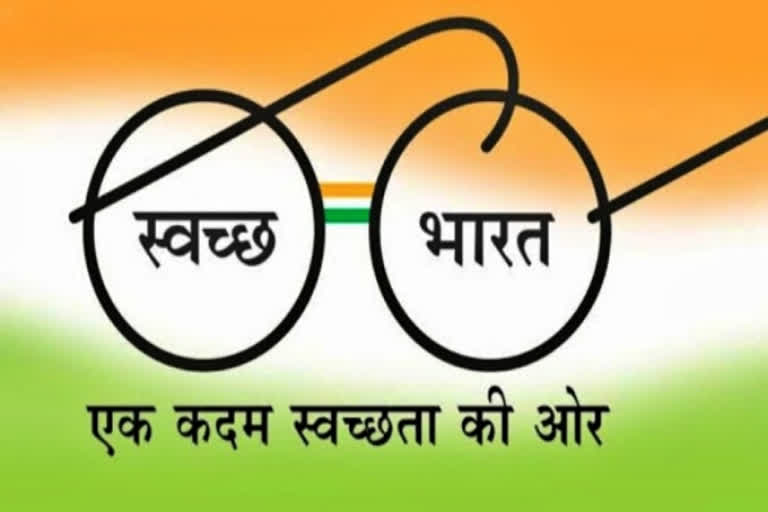New Delhi: As Swachh Bharat Mission (SBM-Urban) 2.0 starts from April 1, the Union Ministry of Housing and Urban Affairs (MoHUA) is all set to ensure that single-use plastic (SUP) remains banned.
For this, the ministry has chalked out a multi-pronged strategy for a SUP-free India.
It may be mentioned here that the central government has recently announced a budgetary allocation of Rs 1,41,678 crore for the next five-year, for SBM-2.0.
Officials in the Ministry told ETV Bharat that a massive awareness drive will take place regarding the use of alternatives of plastics like cloth/jute shopping bags, biodegradable cutlery, opening up bartan banks etc for use of utensils.
The government's initiative to reduce single-use plastic began in 2019.
The government also plans to come up with Cement Manufacturers Association and NHAI for off-take of segregated waste plastic for use in cement kilns and road construction.
"There will be inclusion of scoring indicators pertaining to reduction in SUP in all relevant evaluation and certification protocols such as Swachh Survekshan, Star Rating Protocol for garbage-free cities," officials in the Housing Ministry said.
Under SBM-U 2.0, the entire solid waste management (SWM) value chain will be covered. Officials said that the focus will be on complete wastewater treatment in Urban Local Bodies (ULBs) with less than 1 lakh population, reduction in air pollution in larger cities through construction and demolition, waste management and bio-remediation of dumpsites.
The scheme will focus on complete faecal sludge management, wastewater treatment, source segregation of garbage, reduction in single-use plastics and other related areas.
Also read: Push states with slow progress under SBM (U): Parl Panel to MoHUA
"All statutory towns will become ODF ++ certified and at least three star garbage free rated along with 50 percent of all statutory towns with less than 1 lakh population to be water plus certified," officials said.
Interestingly, many state governments suggested to visiting team of MoHUA officials to have a uniform national policy of imposing a small user fee for collection and segregation of waste from households in order to provide better service.
"The need for national policy was felt because of local resistance on fee imposition. However, sanitation being a state subject, the levy of user charges will depend upon states and UTs and ULBs to implement," officials said.
While MoHUA has been encouraging states and UTs to notify user charges and enforce their collection, these have to be included in municipal by laws by ULBs, and enforced at ULB level, officials further said.
The central government had launched SBM-U in 2014 with an objective to make the urban areas of the country Open Defecation Free (ODF) and 100 percent scientific management of municipal solid waste (MSW).
The mission had been extended upto March 31 this year. All 4041 statutory towns as per census 2011 have been considered under SBM (U).
The funding pattern under SBM had been divided into five categories including households toilets-conversion of insanitary latrines into pour-flush latrines, community toilets and public toilets, solid waste management, public awareness and capacity building.
Also read: Swachhagraha empowered India in fight against COVID-19: PM
Ironically, the Revised Estimate (RE) of financial allocation for the mission has been witnessing a decreasing trend in the last two years since 2019.
"A major chunk of funds was taken by states during 2016-17, 2017-18, 2018-19, especially for Solid Waste Management (SWM). Since gestation periods for SWM are typically long-around 2-3 years or so, there were lesser funds demanded, leading to a gap between BE and RE," officials said.
Statistics said that in 2019-20, the Budget Estimate (BE) for SBM-U was 2650.00 crore and RE was 1300.00 crore and in 2020-21 the BE was 2300.00 crore and the RE was 1000.00 crore.
The actual expenditure in 2019-20 was 1298.57 crore whereas it was 988.09 crore till date for the year 2020-21.



